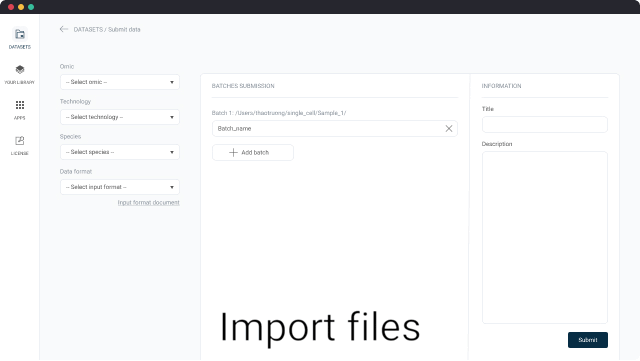A single-cell atlas of CD19 chimeric antigen receptor T cells
Xubin Li, Jared Henderson, Max J. Gordon, Irtiza Sheikh, Loretta J. Nastoupil, Jason Westin, Christopher Flowers, Sairah Ahmed, Linghua Wang, Sattva S. Neelapu, Paolo Strati, Qing Deng, Michael R. Green
Abstract
Autologous chimeric antigen receptor T cells directed toward CD19 (CART19) have significantly improved the outcomes of relapsed or refractory large B cell lymphoma (rrLBCL). 1 However, the majority of patients do not have durable responses; thus, strategies to improve outcomes are critically needed. The mechanisms underlying CART19 treatment failure are complex and likely interrelated. They may include the initial functional states and composition of T cells harvested during apheresis, the subsequent functional characteristics of the CART19 infusion product, and tumor-intrinsic properties such as the tumor’s resistance to T cell infiltration and/or cytotoxicity. Careful examination of these T cell phenotypes using omicsbased strategies such as single-cell RNA sequencing (scRNA-seq) has revealed characteristics associated with CAR T cell resistance (reviewed in Yang et al. 2). scRNA-seq analysis of CAR T cell infusion products has highlighted important associations with memory, exhausted, and regulatory T cell states. 3, 4 However, the sample sizes in these studies have been limited, both in terms of the number of patients and the number of cells. Here we present a resource of scRNA-seq data from the infusion products of 59 rrLBCL patients (Table S1A) treated with standard-of-care axicabtagene ciloleucel (Axi-cel; 417,167 high-quality single cells) that we have made publicly available to facilitate ongoing and future discovery efforts that will improve patient outcomes. As a proof-of-principle for the utility of this dataset, we identified features that were significantly different between products from responders (complete response [CR]) and non-responders (stable disease, partial response, and progressive disease) at 3-month followup by PET/CT, an important landmark for long-term outcomes.
Datasets
1. Single cell atlas of CD19 CAR T-cells (CD8+)

2. Single cell atlas of CD19 CAR T-cells (CD4+)

Analyze this study
Source data
https://cellxgene.cziscience.com/collections/d9a9760c-e43d-404d-86aa-447c9a1e9120
Alias names
EGAD00001006325, PMID37738975
Cite this study
Li, X., Henderson, J., Gordon, M.J., Sheikh, I., Nastoupil, L.J., Westin, J., Flowers, C., Ahmed, S., Wang, L., Neelapu, S.S. and Strati, P., 2023. A single-cell atlas of CD19 chimeric antigen receptor T cells. Cancer cell, 41(11), pp.1835-1837. https://doi.org/10.1016/j.ccell.2023.08.015
